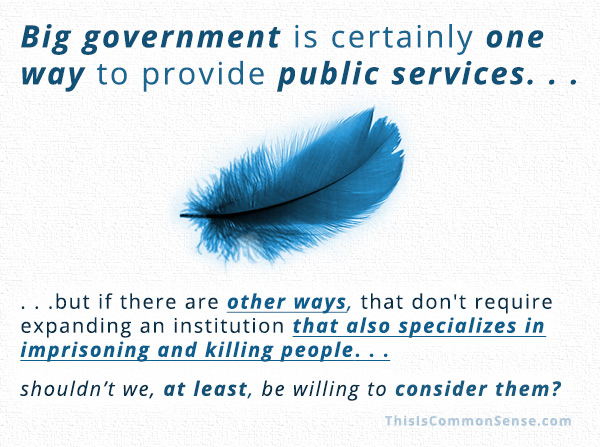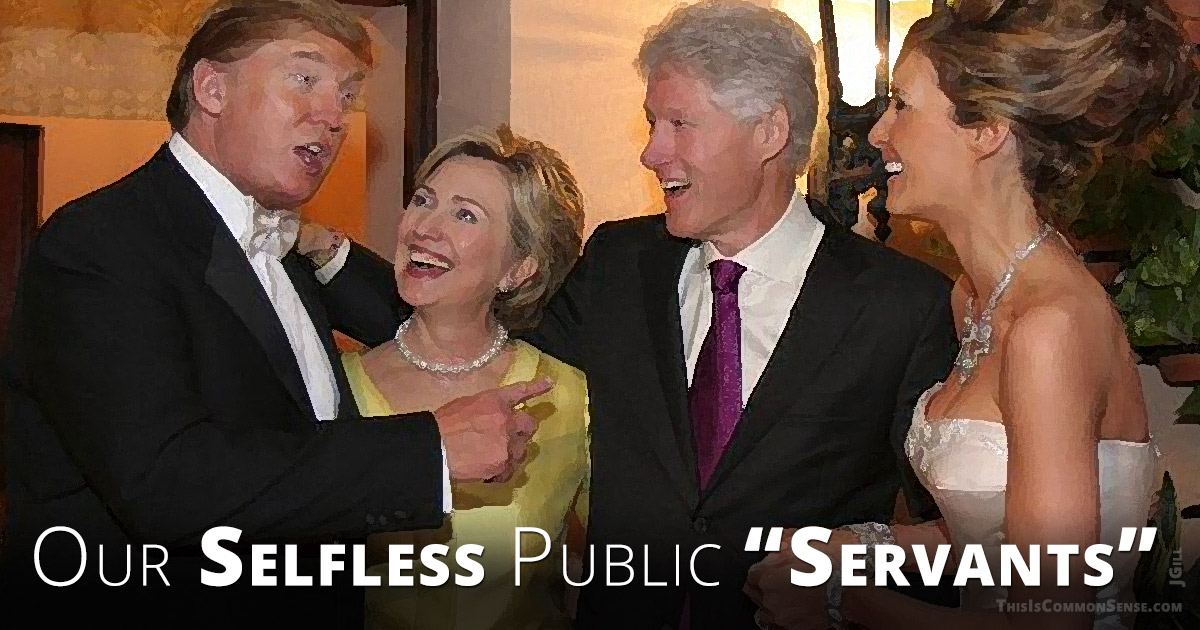One shouldn’t need the latest ratcheting-up of the culture wars to oppose what we call, in America, “public radio and TV.” Taxpayer-subsidized broadcast media is a bad idea. Period. Full stop.
Defund NPR. Defund PBS. No more state-run or -subsidized media.
And, thankfully, that point was made by Governor Kevin Stitt when he vetoed the Oklahoma legislature’s renewed funding for the Oklahoma Educational Television Authority.
“OETA, to us, is an outdated system,” he told Fox News. “You know, the big, big question is why are we spending taxpayer dollars to prop up or compete with the private sector and run television stations?”
But he didn’t stop there. “And then when you go through all of the programing that’s happening and the indoctrination and over-sexualization of our children, it’s just really problematic, and it doesn’t line up with Oklahoma values.”
What this implies is that wasting taxpayer money on “public supported” media was fine with Republicans like Stitt. Until a really flagrant violation of their sensibilities.
Sure, the current gender and “critical race theory” nonsense that taxpayer-subsidized media pushes is beyond the pale.
But so is the smug establishment progressivism of “public media” culture more generally.
The whole point of taxes and government spending is to promote the general welfare, or so the standard theory runs. But there’s nothing “general” about the extreme sectarianism of “public radio and TV,” with less well-to-do taxpayers subsidizing the far wealthier public media audience.
It would have been far more inspiring had Governor Stitt dared oppose factional subsidies prior to the latest culture war strife. Indeed, maybe we wouldn’t be now enduring CRT and transgenderism and other aspects of cultural Marxism had conservatives actually stuck to republican principles long ago.
This is Common Sense. I’m Paul Jacob.
Illustration created with PicFinder.ai
—
See all recent commentary
(simplified and organized)





